Nurturing a Rainbow of Resistance to Anti-LGBTQ+ Laws
Christensen describes teaching high school students about new anti-LGBTQ+ laws — and the growing resistance to them.

Christensen describes teaching high school students about new anti-LGBTQ+ laws — and the growing resistance to them.
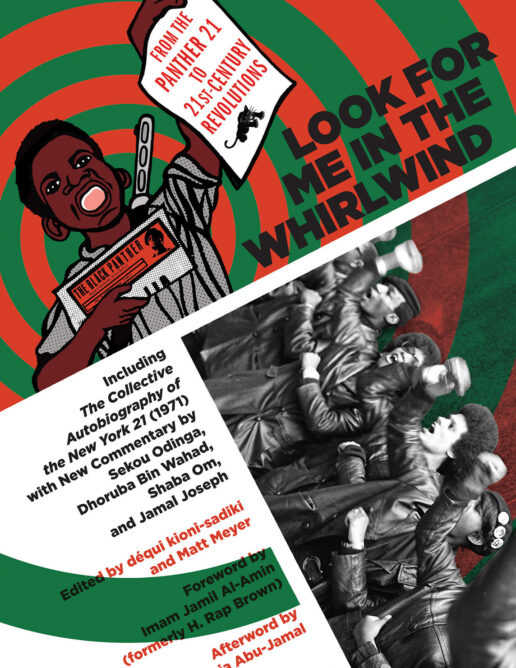
A review of Look for Me in the Whirlwind: From the Panther 21 to 21st-Century Revolutions edited by déqui kioni- sadiki and Matt Meyer.
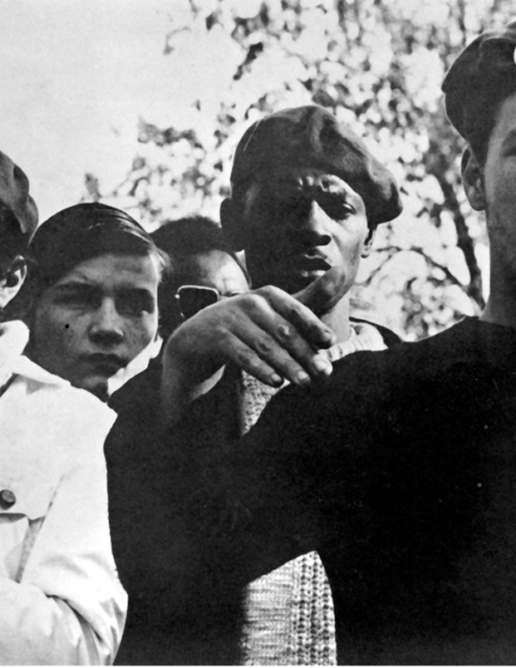
A Chicago educator discusses the creation of a new curriculum on the Young Lords, one of the most imaginative and effective organizations of the 1960s.
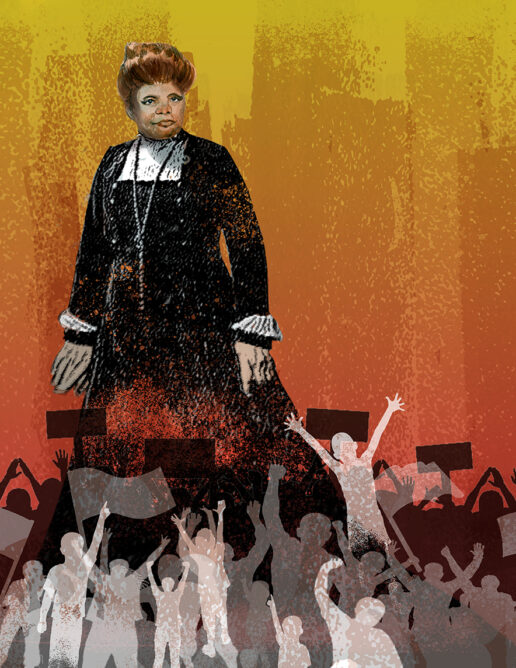
A high school social studies teacher describes his mixer lesson in which students learn about the radical Ida B. Wells by taking on roles from various times in her life.
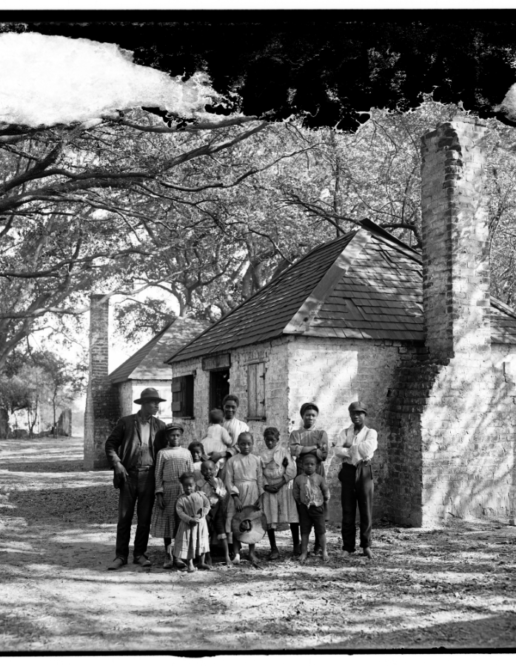
A high school social studies teacher describes a lesson that uses improvisations, historical fiction, and found poems to help students appreciate the first era of Black power: Reconstruction.
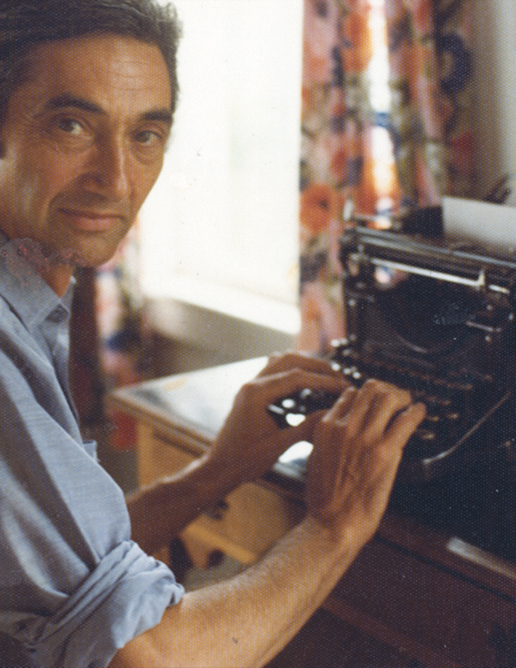
This year is the 100th anniversary of Howard Zinn’s birth. Zinn, who died in 2010 at 87, was a historian, professor, activist, and author of A People’s History of the United States, […]
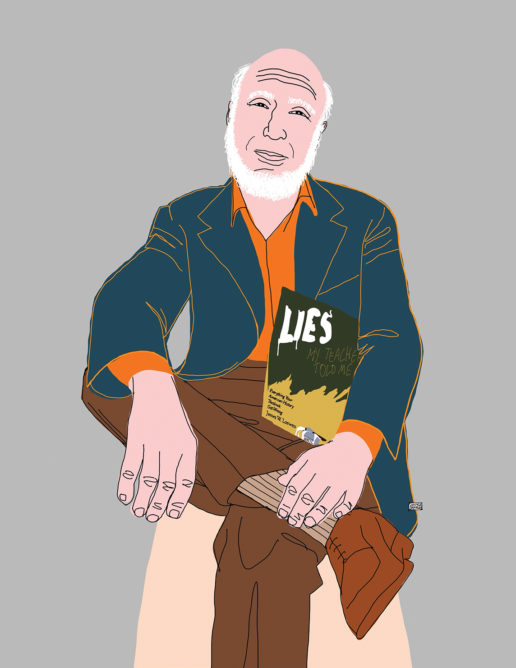
Loewen left a robust collection of books, articles, interviews, and generations of teachers he inspired to teach outside the textbook.
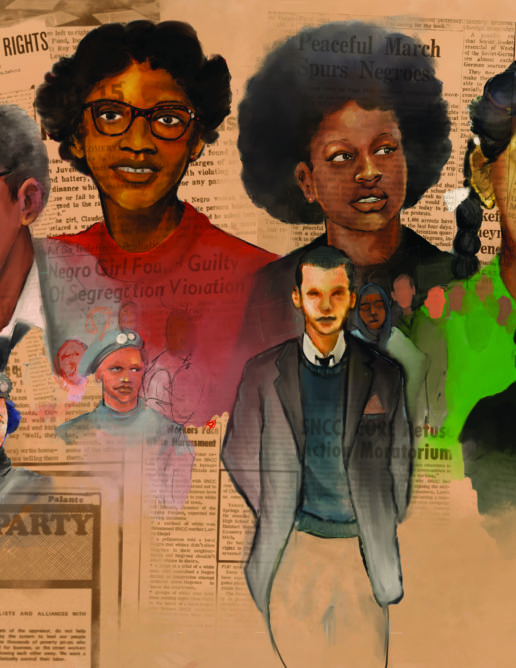
A 5th-grade teacher devises a mixer activity to help her students understand that the Civil Rights Movement was not fueled only by great leaders, but also by ordinary people who became change makers and organized with others.
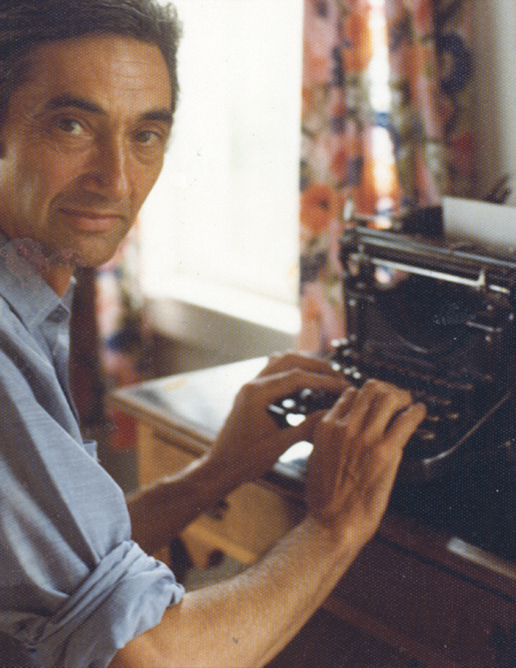
In honor of Zinn, we are featuring a “Zinn at 100” essay in each issue of Rethinking Schools this year. This is not nostalgia. We commemorate and celebrate Zinn for his ongoing relevance in helping us think about education and activism.
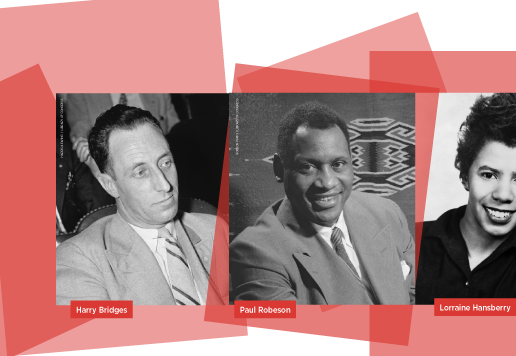
Wolfe-Rocca critiques textbooks’ focus on McCarthyism and describes how, instead, she centers radical activists who have been victims of ongoing government harassment and repression.
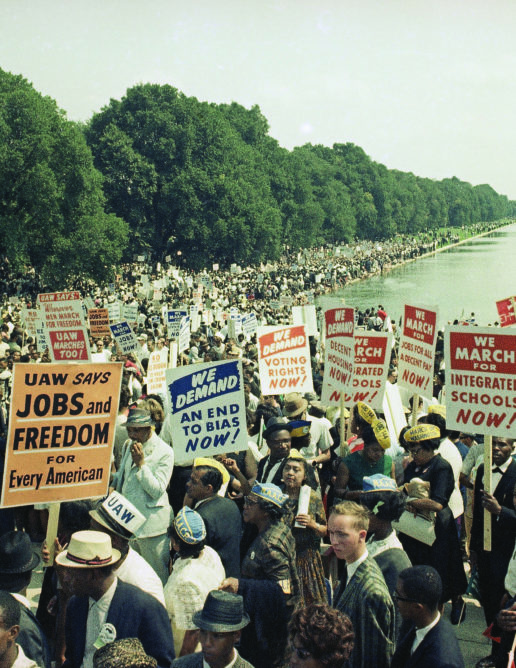
Nearly every child in the United States learns about Martin Luther King Jr.’s “I Have a Dream” speech. The March on Washington, where King delivered this speech, is one of […]
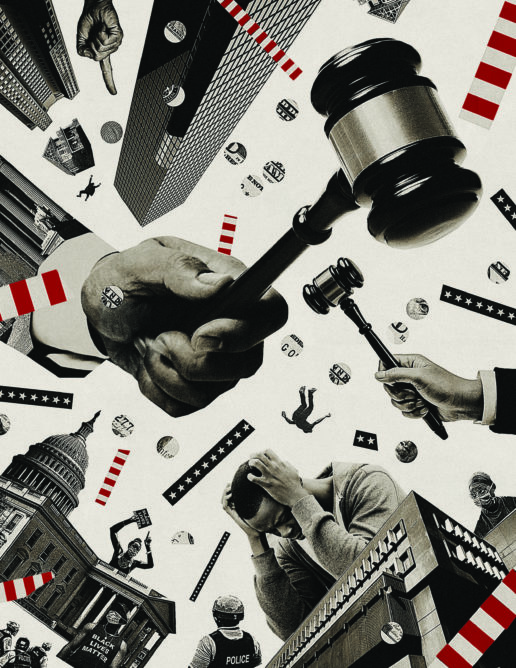
A middle school teacher organizes a tribunal for her students on responsibility for the COVID-19 crisis in the United States. Among those on trial are Mother Nature, Gen Z/Millennials, the Healthcare Industry, Racism and White Supremacy, the Chinese Government, the U.S. Government, and the Capitalist System.
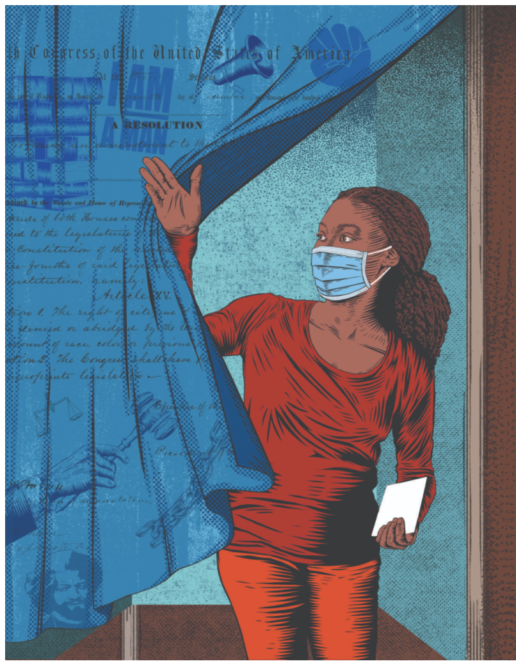
Let’s bring the election of 2020 into our classrooms and help our students learn about democracy — and those who would subvert it.
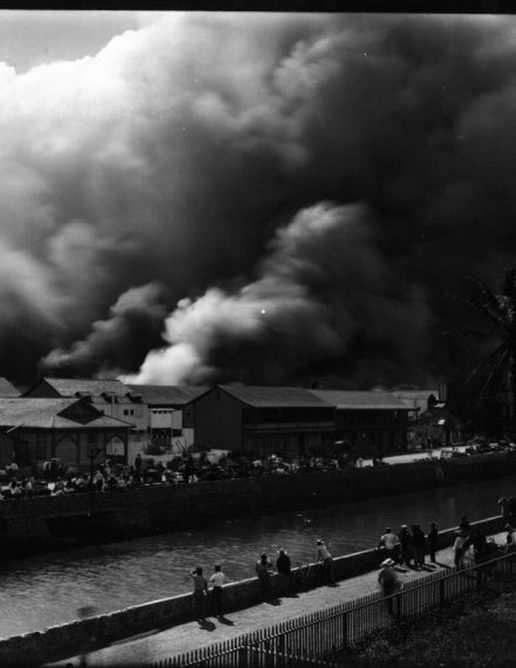
On April 20, 2020, blogger LittleGrayThread made a Facebook post of a note her daughter had written. She reported that in a Zoom class meeting, one of her daughter’s 2nd-grade […]
International Movement for Public Education Privatization, standardized tests, funding cuts, attacks on teachers’ unions and contracts—the issues that are central to teacher activism in the United States are international. In […]
For the adjacent Chicago neighborhoods of Little Village and North Lawndale, two working-class, low-income communities (the former predominantly Latino/a and the latter African-American) on the southwest side of the city, […]
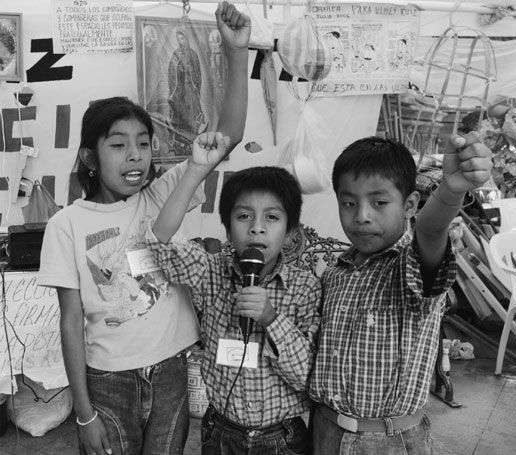
Film Radio Free Oaxaca Un poquito de tanta verdad (A Little Bit of So Much Truth) Director: Jill Freidberg Corrugated Films, 2007 (www.corrugate.org) DVD. 93 min. By Kelley Dawson Salas Un Poquito de Tanta Verdad […]
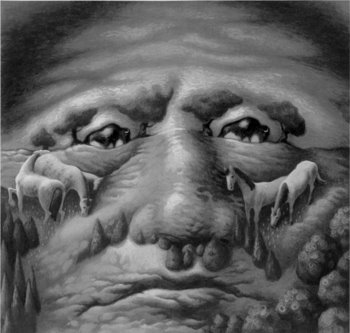
Of Thee I Sing: A Letter to My DaughtersBy Barack Obama Illustrated by Loren Long(Knopf, 2010) On the title page of President Barack Obama’s picture book, Of Thee I Sing: A […]

I wish I could say my colleagues Cresslyn Clay, Colin Pierce, and I had it all worked out from the beginning, and that we carefully crafted each nuance that prompted […]
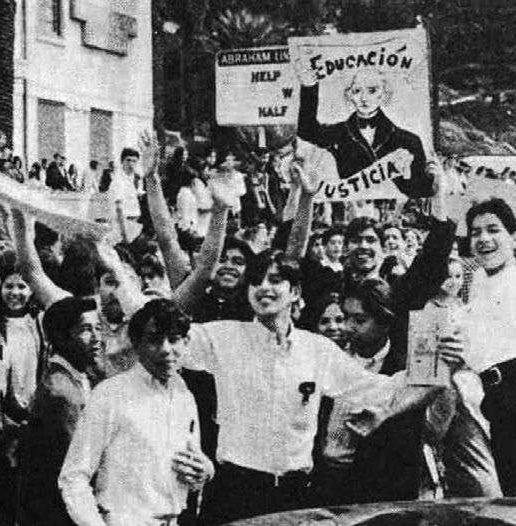
This year is the 40th anniversary of the Chicana/o School Blowouts
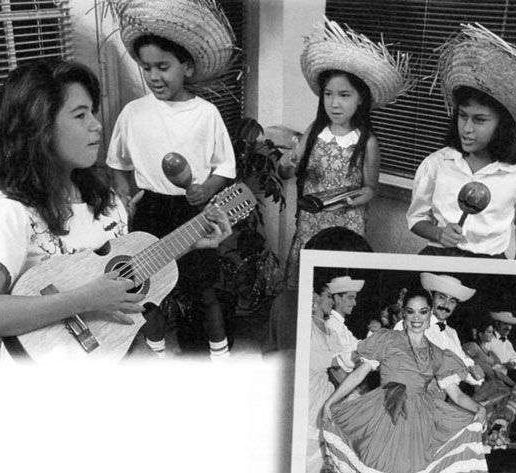
Latinos dance, they sing, they happily play baseball. And what great food!
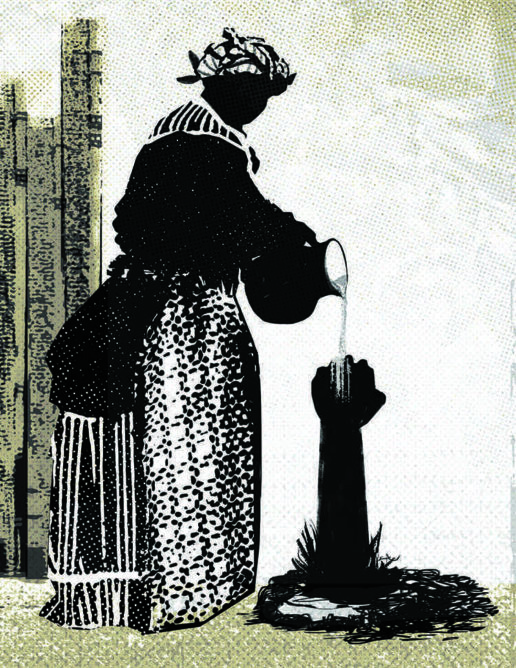
Unfortunately, the transformative history of Reconstruction has been buried. First by a racist tale masquerading as history and now under a top-down narrative focused on white elites. It’s long overdue we unearth the groundswell of activity that brought down the slavers of the South and set a new standard for freedom we are still struggling to achieve today.
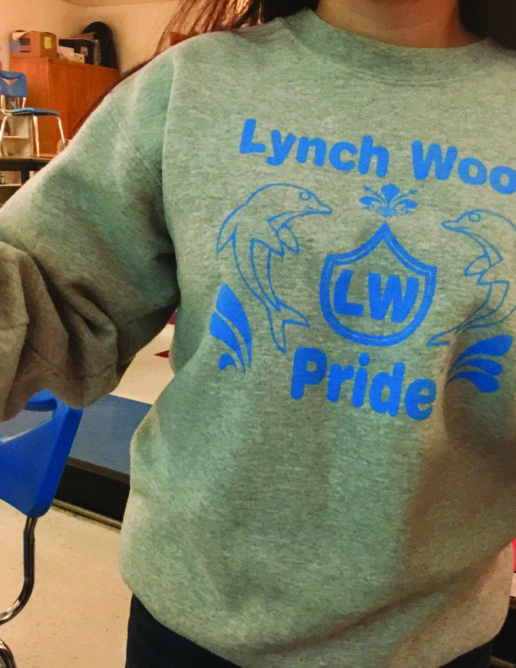
A language arts teacher describes a school board debate in which she merely showed up, instead of showing up and fighting for communities of color.
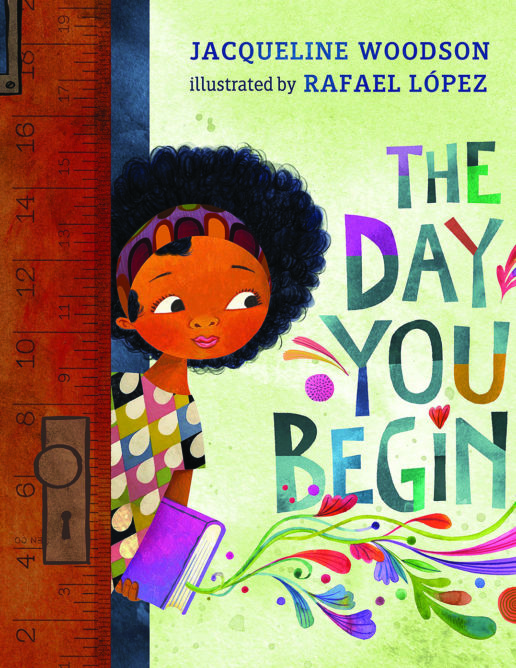
Check out these valuable resources, reviewed by Rethinking Schools editors and Teaching for Change colleagues.